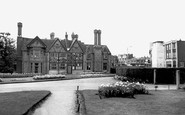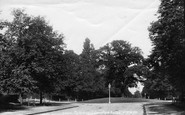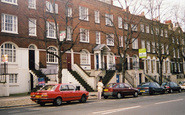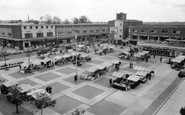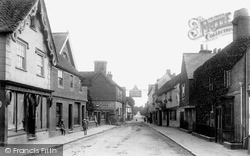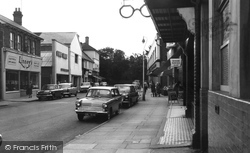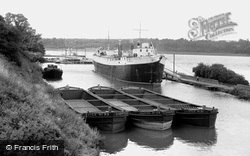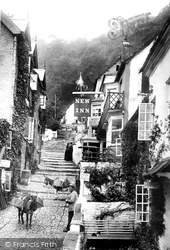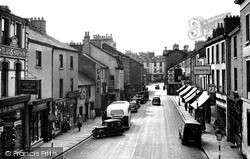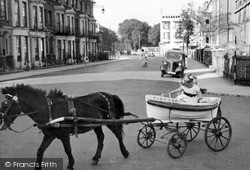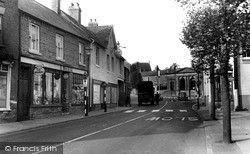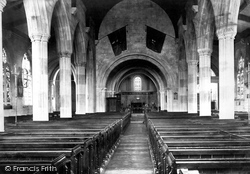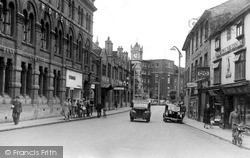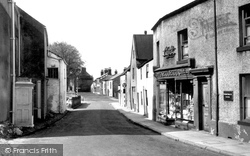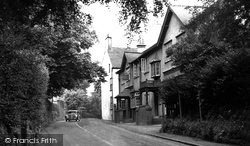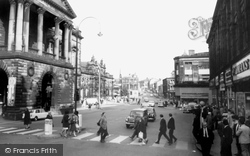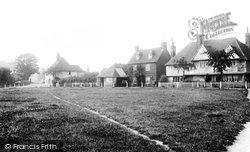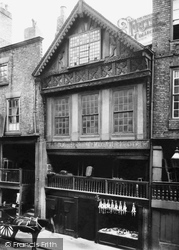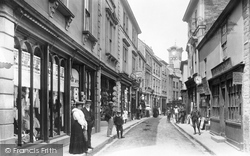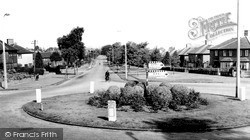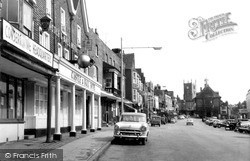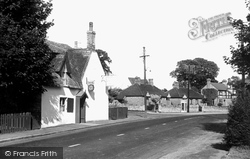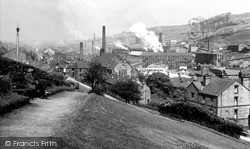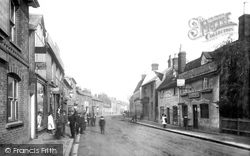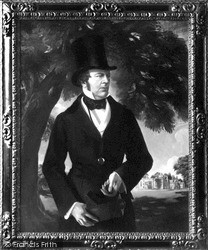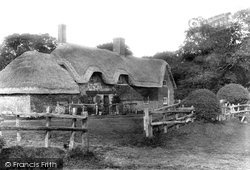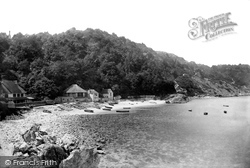Places
Sorry, no places were found that related to your search.
Photos
Sorry, no photos were found that related to your search.
Maps
1 maps found.
Books
Sorry, no books were found that related to your search.
Memories
828 memories found. Showing results 31 to 40.
My Childhood In Southall
My parents were born in India. My grandfather settled in Africa and had a good job. When my father got married he stayed Africa where all my brothers and sisters were born. My dad was a carpenter by trade; he arrived in ...Read more
A memory of Southall in 1962 by
Happy Youth
I first found out about when I moved to Great Horton in Bradford about 1952. I met a boy called Philip Tempest who lived in a house near by, we became life long friends. His parent took me on holiday with them to a cottage they owned in ...Read more
A memory of Nesfield in 1950 by
Roundabout And Big Tree
I used to live in Lawrie Park Gardens from 1955 until 1962 and the local youngsters used to congregate at the big tree on the roundabout at the end of Lawrie Park Avenue. At times there were around 10-15 of us all sitting ...Read more
A memory of Sydenham by
Waterhouses Bleak Winters
l remember the pit tubs running under the houses to the colliery where my dad worked down the mines, and when we used to chuck his snap over to him when the tub ran past. Also remember the bleak cold winters when ...Read more
A memory of Waterhouses in 1860 by
My Memories Of New Road, Chatham
I was 4 years old when my parents moved to 17 New Road, Chatham. It was 1937 - my father had a Radio and Electrical Business (Wholesale) he had been a traveller previously and wanted to have a more settled existance - ...Read more
A memory of Chatham in 1940 by
What A Joy!
I am Pewsey born and bred and what a joy it is to discover a site where memories of our country's unique village life can be shared and stored for the future. So much to share about Pewsey life... I remember playing with all the children ...Read more
A memory of Pewsey in 1976 by
Childhood Freedom
My brother and I spent very important years in Theydon Bois. We were only there for 5 years but they were probably the most formative. It was a very simple village. There was the school, far too small for the many children born ...Read more
A memory of Theydon Bois in 1953 by
Cafe In Market Square
I remember the cafe in the market square, my mum use to work in the open top part in the summer and my brother and I used to go and help her clear the tables when we were on school holidays. I remember the shops that ran around ...Read more
A memory of Harlow in 1960 by
Part 7
There was no running hot water, no gas, no bathroom and no flushing toilets. Electricity was used for lighting and if you were lucky, a wireless set. Most sets were run from accumulators, a sort of battery, which you had to take to the ...Read more
A memory of Middle Rainton in 1945 by
Memories Of Hulme
My name is Lynda (Howarth) and I lived in Hulme from 1943 until 1953. My Mum was Edith Woods, and she married Stanley Howarth. My mum used to live in Mary Street and then we moved to Junction Street, after the war. I ...Read more
A memory of Hulme in 1943 by
Captions
231 captions found. Showing results 73 to 96.
This main street was once part of the Roman road which ran from London to Lewes in West Sussex. The legionaries paved it with ragstone eighteen feet wide and seven inches thick.
Looking towards the junction with Lynchford Road, a rather downmarket- looking Fine Fare supermarket with what appears to be a corrugated iron roof has managed to gain a toe-hold, next to
During that time more than 70,000 boys aged between 14 and 17 were trained on her prior to entering the Merchant Navy. Note the size of the twin anchors hanging from the bow.
Clovelly hangs on the side of the hill, fringed by luxuriant woodland. Donkeys ply up and down the steep-stepped street, carrying goods on panniers.
The clock on the right hangs outside Lakeland Laundries, a chain once present all around the district. Stead & Simpson is no longer on the left, but at the top of the street on the right.
The Hatfield Hotel (centre right) looks very modern for 1950, and contrasts with the Victorian buildings on Parade Road South. In the foreground is a Victorian sprung cart in the shape of a lifeboat.
Here the photographer looks north along the High Street, towards its junction with Bridge Street to the right, and Desborough Road curving left.
The pulpit incorporates some 14th-century panels, and now stands on a modern wooden base. Pevsner rather sadly describes the nave arcades as 'disappointingly scraped'.
Like many other shopping streets in Salisbury, Fisherton Street has changed very little over the last fifty years, in spite of most of the shops themselves moving or closing down and being replaced
Church Street leads from the Market Square down to the Lancaster Canal, where a basin facilitated the handling of cargo on and off the barges.
The original inn that stood on this site dated from the 16th century, but it was dismantled in 1910 and the present inn built.
An elegant lamp standard adorns the zebra crossing in front of the Town Hall, and hanging baskets brighten the stonework.
This village in the valley of the River Stour has, in fact, two greens: a large open space before the church, and behind it, a small triangular green forming the heart of this rural community round which
This village in the valley of the River Stour has, in fact, two greens: a large open space before the church, and behind it, a small triangular green forming the heart of this rural community round which
The Rows continue around the corner and into Watergate Street. Here, just behind the horse, it is possible to see one of the many staircases that give access to the upper floor.
On the right is Sando's multi-paned frontage and, on the left, a sizeable shop for ladies, advertising its clearance sale of blouses, which is in full swing.
That finished when the farm closed, but the Darbys are still around - Graham Darby is currently licensee of The Gate Hangs Well on High Park Avenue.
Ugly new street furniture in the form of electric street lamps begin to make an appearance.
This scene has changed little in the past 50 years, apart from the Royal Oak (left) losing its hanging sign and side entrance in the 1980s after a couple of lorries demolished the porch!
A retired steelman looks across the industrial landscape of Stocksbridge, the steel-making town in the valley of the River Don between Sheffield and Penistone, on the edge of the Pennine moors.
The building on the right with a hanging sign was the Bell Alehouse.
This portrait, painted by Anna Zinkeisen in the 1950s, was commissioned by the Royal Photographic Society, but then given to the family. It now hangs in the Fox Talbot Museum.
This fine old 17th- century farmhouse, built in a mixture of materials, stone, brick, tile-hanging and long straw thatch, is typical of the area around Marlborough.
The thatched house (now demolished) is The Glen, the scene in 1884 of the murder of Emma Keyse by her handyman John Lee.
Places (0)
Photos (0)
Memories (828)
Books (0)
Maps (1)



